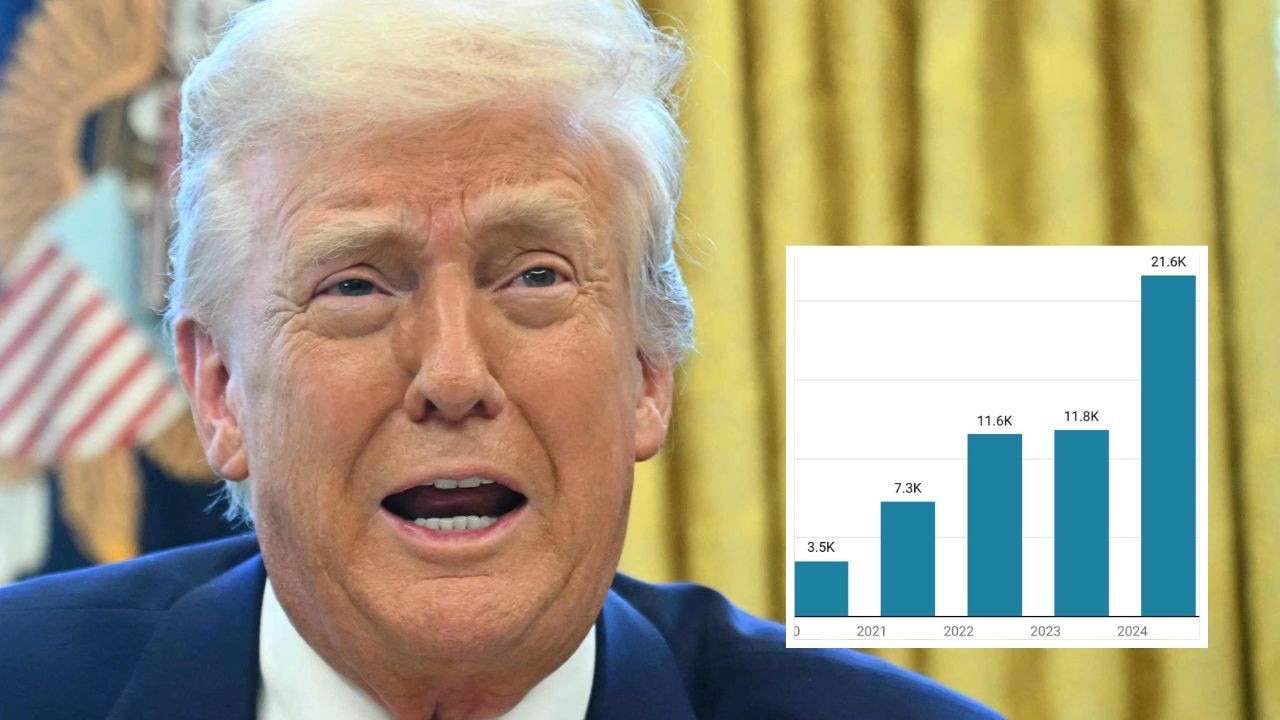Tomorrow never comes for super top-ups
MOST Australians acknowledge the advantages of extra superannuation contributions but are reluctant to make them, ING Research finds.
Tomorrow never comes for super top-ups
MOST Australians acknowledge the advantages of extra superannuation contributions but are reluctant to make them, ING Research finds.
About 83 per cent of respondents to ING surveys in 2006 and 2007 said they wanted more control of their superannuation and 56 per cent would think of salary sacrificing to make the shortfall to 12 per cent of their wage.
However, only 39 per cent would use the tax cuts in July towards super.
"While our research has found super members are interested and willing to consider additional super contributions, we've not seen that sentiment translate into action,'' ING executive director employer super Ross Bowden said.
Mr Bowden said the 9 per cent superannuation guarantee (SGC) was not enough for a comfortable retirement.
"The community, government and superannuation funds all agree that further contributions are beneficial and lead to substantially larger sums for retirement,'' Mr Bowden said.
After the golden run that super funds have enjoyed where they averaged a 70 per cent rise over the past five years, there are expectations they will post very low, if not negative, returns this year.
This was only one of the reasons people would feel uncomfortable in making voluntary contributions, Australian Institute of Superannuation Trustees chief executive Fiona Reynolds said.
"Of course that is not going to attract more people to put more money into super,'' Ms Reynolds said.
"People shouldn't panic about that and understand they have done very well under super.''
AIST, with marketing firm IPSOS, has just completed a study on Australian attitudes to superannuation, titled Mind & Mood.
In the AIST-IPSOS survey, those most likely to make voluntary contributions in the past year were men, people in the 51-64 age bracket, home owners, union members, higher-income earners and in a government or self-managed fund.
Those most likely to worry about not having enough super to retire were women, those between 31 and 50 years of age, and married with a mortgage, the survey said.
Ms Reynolds said those surveyed were concerned about the constant government law changes to super regulations.
"If I start doing this now, no doubt by the time successive governments come along, they'll change the rules,'' she said.
"Then I maybe can't get a lump sum any more. Maybe they'll take the tax off super.''
She said many people felt they were never going to earn enough to retire. "So why bother?'' was their response, Mr Reynolds said.
These feelings were prevalent among lower-paid and casual workers, and among women, she said.
Other factors causing Australians to feel uneasy about making extra contributions were a lack of access to salary sacrifice, little trust in financial advisers and the misconception that all their super funds were in share markets, Ms Reynolds said.
A plan for national long-term savings was needed where the new federal Government had to take the lead with a compulsory lift in contributions, she said.
"As Australians, we are not a country of savers and the only way to make people save for their retirement is through a compulsory system,'' she said.
"It has to be through government and compulsory.''
Superannuation Minister Nick Sherry last month ruled out raising the compulsory super guarantee.



